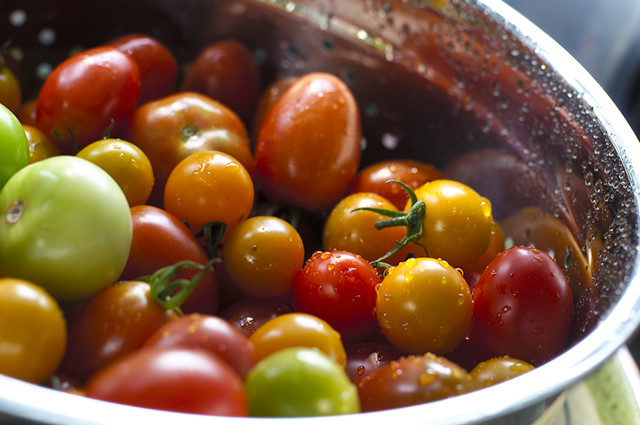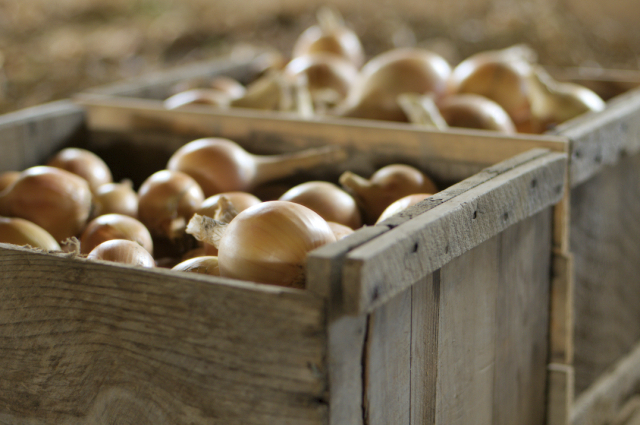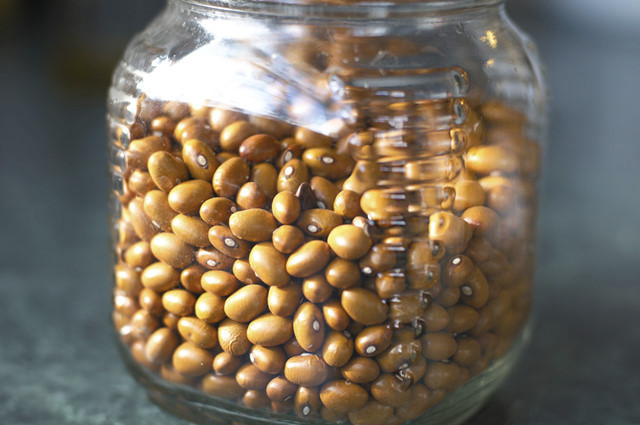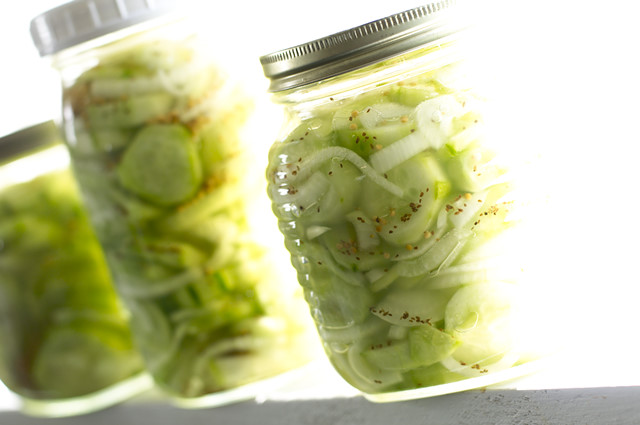Get posts by email
Animal, Vegetable, Miracle - a review
April 16, 2008
I was so excited to finally get my hands on this fantastic story about one family's year long experiment in growing and raising most of their own food. I love reading about people who think differently, act differently and live differently than the norm.

I think the grow your own experiment of this family is rather "out there" and inaccessible for most of the culture. I'm certain that's one reason I'm so attracted to it but also because it's a life lived with intention and deep conviction. In comparison to the Kingsolver-Hopp family gardening rigors I found our own family's efforts in supporting our local agriculture fairly piddly. This was a reality check since I can sometimes get on my high horse because I belong to a CSA, support local farms and visit the weekly summer farmer's market.
My basic criticisms of the book are two.
Firstly, Kingsolver spends a fair amount of time writing about being a working mother. How over the years she has managed to have a career and still can tomatoes. But from my farm and gardening experience I have a hard time believing that during the course of their grow-your-own year both she and her husband worked full time, yet she leaves readers with that impression. Or at the very least she doesn't exactly expound on her daily goings on except for what she's picking from the garden and special events celebrated with family and friends.

What I want to know is how do you raise animals, plant, weed, pick, can and preserve the garden, butcher the animals and cook a home cooked meal every night? All while parenting, cleaning house, doing laundry, running errands, ya-da, ya-da, ya-da AND working full time?? These questions are never answered. And yet growing at least some of your own food is presented as achievable for the average over-worked American family. I believe that unless the American family determines to spend less, drive less and work less, growing their own food (even a small portion) is largely unrealistic. But hopefully books like Animal, Vegetable, Miracle will be a part of the movement that changes our popular fast food, fast life culture. So that more families will choose to grow gardens and shop for local, in season food.

That brings me to the second criticism or perhaps observation. As a plant based eater (ie: we're mostly vegan) living in Northern New England if I chose to eat only locally grown foods I'd eat a lot of potatoes and go crazy with summer blueberries (not a bad thing).
Our family has chosen to base our diet on plants for improved immediate health and longevity, we want to be hiking with our grandkids. Eating a variety of foods from around the globe (at times) makes this possible. And for many, many people in northern latitudes the only way to achieve the health they want is to eat fruits and vegetables grown elsewhere. A bit of a conundrum if you believe in local sustainable agriculture - which I do. So, I'm thinking this one through. Trying to find out all the healthy foods which are grown here, how we can maximize our consumption of those and perhaps decrease the food we eat that is shipped from long distances.

Overall, the book was a fantastic read. Kingsolver is engaging, funny, convincing and just an all round excellent writer. The book is an eat your local veggies and meat mantra but the narrative of her family keeps it personal and interesting.
Related Posts: Interested in how our family grows some of our own food and chooses local whenever we can?
Filed Under
Resource Library
-

SavvyChristine on March 11, 2009, 6:53 p.m.
I have the same criticism about the book -- that is, I live in Massachusetts, and eat a mostly plant-based diet. Local doesn't cut it in the wintertime here. Sometimes, this sentiment drives me insane when I read West-coast blogs about farmer's markets and their beautiful produce. They already have greens appearing in their farmer's markets. Our farmer's market doesn't set up shop until June. Maybe I'll just live off grass.
SavvyChristine's last blog post... The Small Stuff
-

Natalia on Nov. 8, 2010, 11:28 a.m.
I am glad I am not the only one with criticisms of this book. As I wrote on LibraryThing:
"Maybe I am in a minority, but I was not swept away by this book. Yes, Kingsolver is a great writer. And yes, her project was a worthy one. But I do not think this is the greatest food book ever written, not even one of the greats. And while it is fantastic if this book is making more people think about where their food comes from and the impact of their choices, again, there are much better books on the topic.
On a more personal note, I had a problem with the chapter where Kingsolver attempts to justify her choices to eat animals. Some of her logic is flawed (the idea that we should raise animals to eat otherwise they would not exist. Don't see anyone using that one to justify the existence of elephants. Or cats. Or numbats.)and some is just questionable.
This is a pleasant book, and it is sure to fuel daydreams for those hankering for a 'tree change' where they can leave their everyday existence behind and go and grow vegetables on their own farm. But it is not a revolutionary book, nor is it Kingsolver's best work."
You can subscribe to comments on this article using this form.
If you have already commented on this article, you do not need to do this, as you were automatically subscribed.






Karen on April 16, 2008, 11:48 a.m.
I enjoyed your review and am anticipating my name soon being at the top of the queue for this book at my local library.